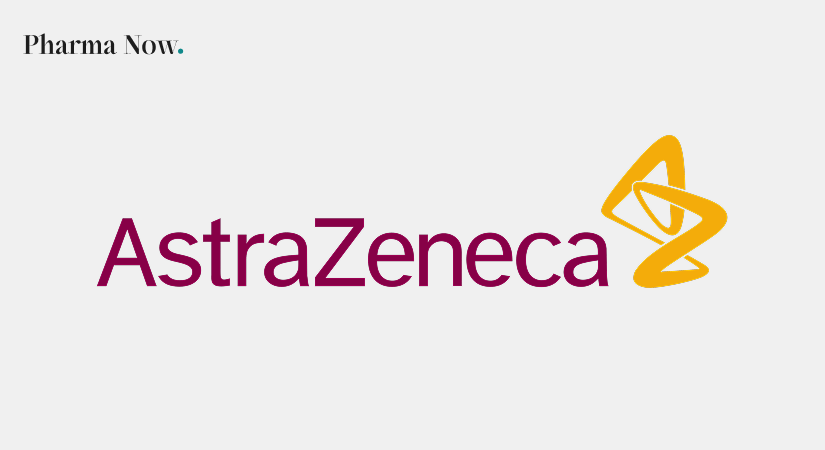AstraZeneca’s Gefurulimab Demonstrates Strong Efficacy In Phase III PREVAIL Trial For Generalized Myasthenia Gravis
Gefurulimab meets primary and secondary endpoints in the Phase III PREVAIL trial, showing significant improvement in MG-ADL and QMG scores for generalized myasthenia gravis.
Breaking News
Nov 03, 2025
Vaibhavi M.

Positive topline results from the global Phase III PREVAIL trial have shown that gefurulimab achieved its primary endpoint, delivering a statistically significant and clinically meaningful improvement in Myasthenia Gravis Activities of Daily Living (MG-ADL) total score from baseline compared to placebo in adults with anti-acetylcholine receptor antibody-positive (AChR Ab+) generalized myasthenia gravis (gMG) at week 26. The therapy also met all key secondary endpoints, including improvement in the Quantitative Myasthenia Gravis (QMG) total score at both weeks 4 and 26.
Kelly Gwathmey, MD, Associate Professor of Neurology, Chief of Neuromuscular Division, Virginia Commonwealth University, Richmond, VA, Vice Chair of the MGFA Medical & Scientific Advisory Council and principal investigator in the trial, said: “People living with gMG face fluctuating and often debilitating symptoms, including loss of muscle function and severe weakness. Results from the PREVAIL Phase III trial demonstrating early and lasting benefits in MG-ADL and QMG scores support the potential for gefurulimab to offer an efficacious and convenient self-administered treatment option that may help address the unpredictability of this disease.”
At week 26, treatment with gefurulimab showed a -1.6 point difference in MG-ADL score versus placebo (95% CI: -2.4, -0.8; p<0.0001), with clinically meaningful benefits observed as early as week 1 and sustained through week 26. Similarly, improvements in QMG total scores were seen by week 4 (treatment difference: -1.8 [95% CI: -2.5, -1.1]; p<0.0001) and maintained at week 26 (treatment difference: -2.1 [95% CI: -3.1, -1.1]; p<0.0001), underscoring consistent and durable efficacy across measures of disease activity and muscle strength.
Gianluca Pirozzi, Senior Vice President, Head of Development, Regulatory and Safety, Alexion, AstraZeneca Rare Disease, said: “Findings from PREVAIL offer valuable insight into how early and sustained complement inhibition with gefurulimab may translate into meaningful, functional improvement for people living with gMG. Improvements reflected in both patient- and physician-reported outcome measures further underscore the clinical relevance of these results. As one of the largest global Phase III trials in patients with AChR-Ab+ gMG, PREVAIL data reflect our commitment to advancing rigorous, patient-centred science that can transform care for people living with this debilitating and unpredictable disease worldwide.”
Gefurulimab was well-tolerated, with a safety profile consistent with other C5 inhibitors such as eculizumab and ravulizumab. The incidence of treatment-emergent adverse events (TEAEs) was similar between the gefurulimab and placebo groups, with most events graded as mild to moderate (Grade 1–2). The most frequently reported TEAEs in the gefurulimab group were injection site reactions (9.9%), headache (9.9%), and back pain (7.6%), while headache (12.4%), diarrhea (8.5%), and upper respiratory tract infection (7.8%) were the most common among placebo recipients.
